|
Once again, it's time for Last Wednesday Wisdom. On the last Wednesday of every month, I serve up a potpourri of advice, inspiration and other tidbits I've come across in recent weeks. We've been celebrating National Poetry Month all of this month, so today I'm sharing poetry-related morsels. And if you're wondering how I did with the poetry month challenge I introduced at the beginning of the month, read to the end for a report. Poetry is truth in its Sunday clothes. -- Joseph Roux If I feel physically as if the top of my head were taken off, I know that is poetry. -- Emily Dickinson Poetry is eternal graffiti written in the heart of everyone. -- Lawrence Ferlinghetti We all tell stories and write poems . . . to keep awe and aspiration and comprehension and the other components of hopeful lives bright in each other's hearts. -- Barry Lopez in Poets & Writers, Jan/Feb 2016 If you can't be a poet, be the poem. -- David Carradine Poetry is the journal of a sea animal living on land, wanting to fly in the air. -- Carl Sandburg When I first started writing poetry as a high schooler, I adopted what I call "The Seven Layers of Enigma" model. I wrote a verse that I did not understand, but was sure that others would marvel at simply because it was so inscrutable. -- Joseph Bathanti in The Writer, April 2016 We make out of the quarrel with others, rhetoric, but of the quarrel with ourselves, poetry. -- William Butler Yeats Poetry is like a bird, it ignores all frontiers. -- Yevgeny Yevtushenko So, about that challenge. At the beginning of the month, I vowed to read poetry every day. That I did. I read my way through David Tucker's poetry collection, Late for Work and dipped into Trumbull Ave. by Michael Lauchlan, whom I met at this year's Rally of Writers in Lansing, Michigan. I also discovered Ada Limón and John Brehm, whose poems appear in the May 2016 issue of The Sun. And of course, I loved reading the work of HeartWood guest bloggers Jonathan Riedel and Sandra Bernard. But there was another part to that challenge. I pledged to write a poem a day. I did write poems, more than I've ever written in one month (fifteen so far, and the month isn't over). But some days slipped by poem-less. Other days, I deliberately followed the advice of Ansel Adams, quoted in last month's installment of Last Wednesday Wisdom: When words become unclear, I shall focus with photographs. When images become inadequate, I shall be content with silence. I guess there were quite a few fuzzy-word days and not many silent ones, because I took a LOT of photographs. For example: But even if I missed some days, I kept coming back to writing poems--trying different forms and sometimes making a game of it. One of the most fun things I tried was taking random words from someone else's poems and trying to make my own poem from those words. I won't go into detail here, but if you'd like to read more about the process and what I came up with, click here. Now that I've given you my report, tell me how you did with your poetry month challenges. I know some of you planned to read poetry, others were inspired to write their own or paint pictures. Let's hear how that went!
11 Comments
Continuing our celebration of National Poetry Month, we welcome guest blogger Sandra Bernard. Sandra is a Newaygo singer-songwriter, poet, essayist, producer of musicals and one-of-a-kind free spirit who leads the weekly open mic at River Stop Café. For several years, she also led a weekly writing salon to encourage and mentor local writers. Sandra comes from a long line of creative and gifted musicians, writers and artists. She has collected some of her family's stories, photos, poems and recipes in her book, You Are What You're Fed. Here's Sandra, sharing her thoughts and three of her poems . . . 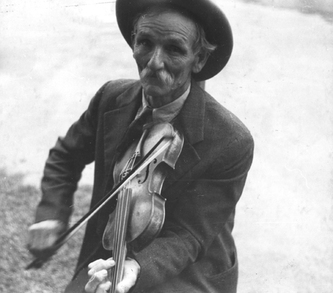 That old adage, you don’t know what you got 'til it’s gone, never applied to my life—never!! My life has been a deluge of interesting characters: inventor/dreamer types, accomplished painters, writers, and musicians who embrace eyebrow-raising, good or bad, and wear it like a badge of courage. From a master water colorist who could twist the English language into wordy, witty tales as easily as he painted sadness into an array of clear blue vases on a paper canvas, to storytellers who ran hooch for Al Capone and outran the law in the Kentucky hills, to those who played fiddle tunes and sang hair-raising hill harmonies in five mystical parts. 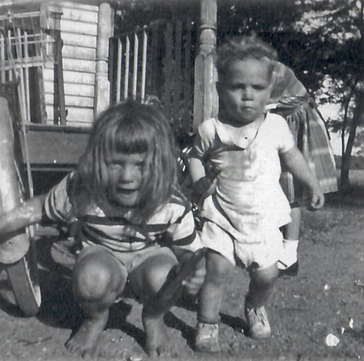 Sandra (left) in her free-spirited youth Sandra (left) in her free-spirited youth As far back as I can remember, such gifts were celebrated, applauded and enjoyed to their fullest in my family. I've always been grateful to, and respectful of, those who taught me how to succumb to that kind of pleasure and cleared the way for creative thinking and inspired daring. 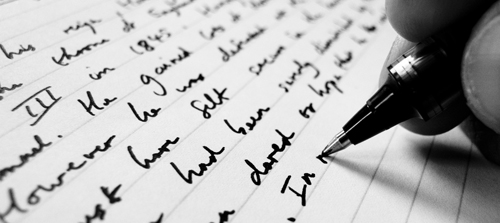 But star-gazing, humor-dipping and word-weaving, while wildly inviting, all have their downside. Clearly, creativity mixed with daring is not conducive to long-term relationships. Oh yeah, in the short-term maybe they're exciting, but only until the reality of the dark side of the moon reaches its rope's end, on both ends. You’re not likely to find breadwinners more than one time out of ten thousand. There will be a lot of mood swings and job changes. Creative thinkers require an inordinate amount of alone time, which tends to stick in the craw of most spouses. Three weeks of intense silence will produce two pages of writing, which may or may not be worthy of print. Balancing checkbooks and paying bills will more likely feel like a punishment than a necessity. 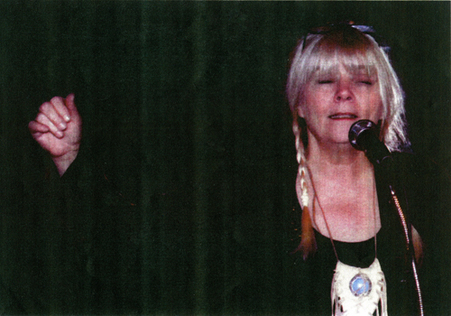 Sandra on stage Sandra on stage While they're often labeled as lazy, unorganized and incapable of managing time or prioritizing "normally," these are only symptoms of an underlying obsession of thoughts and fixation. Day and night the mind runs at warp speed and the least little thing said or done can inspire a whole chapter, song, or painting in a three-hour period. (For writers, that constitutes three months of rewrite time and years of collective dissecting in the mental lab.) Eating is not a priority. Sleeping can be sporadic, with sudden spurts of genius at three am. Yes, spouses of the creative don’t know what's gone till they’ve got it. It's a kind of sadomasochistic life, dotted with power surges and self-loathing for being incapable of staying in the lane. But as the years have passed, it seems I've somehow grown into that skin with a little grace, I hope. I’ve learned how to rein it in a little on the outside, while still harvesting the fruits of my inward madness. Aging allows others to accept and almost expect eccentricity, and that’s good for me.  It's working out, for the most part. Romance has gone by the wayside, but that's probably for the best. As a parent, watching my children struggle through creative mine-fields is about the only time any regret seeps in. But then they paint a painting, or sing a song, or write a lyric that reveals the depth of their spirit, and regret swiftly springs into pride and admiration. Learning to dance like no one's watching is embedded very early in life, maybe even through the gene pool and from the womb, but when encouraged and licensed in life it can create moments that sparkle as bright as the sun and light the entire vicinity on which they fall. Oh yes, I did know what I had when I had it, and I'm thankful for that. 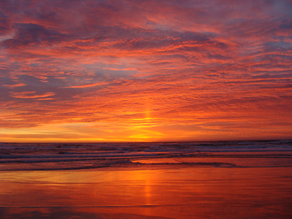 If I Should Fall Asleep The body turns, it cannot rest When you’re too tired to go forward You just start looking back Good mother West . . . one more setting sun So many things I shouldn't have And more I should have done Just lie down here by me now You don't need to speak I just don't want to be alone If I should fall asleep But if I've gone before you wake Don't let your heart be shattered For I'll be traveling beyond the stars Far past those things that mattered 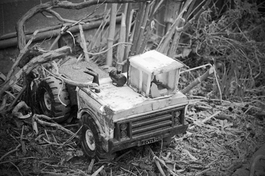 The Photos at Wright's Gallery A photo of a child's weather-beaten toy At the edge of an overgrown pond And one with a child's half eaten cereal in a bowl Left on the steps all alone They were dark and filled with a sad lonely view The kind no one can defend Photographs of an unclaimed boy Showed at Wright's Gallery at ten There was one with an empty baby pram Off to the side in the weeds But the icy cold bridge Where someone's clothes lay I almost couldn't breathe They were dark and filled with a sad lonely view The kind no one can defend Photographs of an unclaimed boy Showed at Wright's Gallery at ten Awards and accolades were dispensed And curious people called it art But I knew they were only photographs Of a small boy's broken heart They were dark and filled with a sad lonely view The kind no one can defend Photographs of an unclaimed boy Showed at Wright's Gallery at ten  Mantra There are no lines Only circles I believe that We pretend that things begin and end But they never do Thus good is part of bad Bad part of good And there is no dark without light And vice versa Watch the water go to ice Ice to liquid—liquid to gas Back to water again Like love . . . hate . . . and forgiveness Perhaps one state more desirable than the other From this eye But the eye is a circle The heart is a circle Dreams are circles What we wanted and needed then and now From different views We only pretend that things begin and end . . . But there are no lines Only circles . . . . . . I believe that As I promised in my last blog post, this week's guest is Jonathan Riedel, poet, pastor of Newaygo Congregational United Church of Christ, and all-around interesting guy. A native of Wyandotte, Michigan, Jon was educated at Kalamazoo College and Yale University Divinity School. He's a collector of books and a supplier of little-known facts on just about any subject that comes up in conversation. Also the dad of a college kid. Here's Jon:  I began writing poetry because I couldn’t finish writing anything else. I am, by nature, hyperactive and often possess the most fleeting of attention spans. Though age has calmed me, I still find that whenever I have to write something lengthy--an essay perhaps or a sermon--I jot down a few sentences, a paragraph, then I rise to sort out the next few sections by wandering around wherever I am writing. One of my mother’s favorite stories about my writing habits centers on how I would spend fifteen or twenty minutes sketching out the cover art for a story I was writing and then simply move on, leaving behind the rough outlines of a few ideas and nothing more. I must admit that I have succeeded, to some degree, as an essayist (after all, I do have two college degrees to my credit) and as a short story writer. But even there, I can never complete an essay or a story in one sitting. My legs long to walk and my mind flits to something else. So I must move.  Poetry is different for me, though. Its brevity, its intensity, matches the hyperactivity of my soul. Poetry condenses language down to its essential. If it chooses to be loquacious, it does so with tricks clever enough to trip the wandering mind--similes, metaphors, and rhyme and rhythm schemes. Poetry is a distillation as pure as the process of extracting a diamond from its encrusting rock. I chip away nouns, toss aside unnecessary verbs, pull aside adjectives and adverbs, and search for the original gleam of an idea. 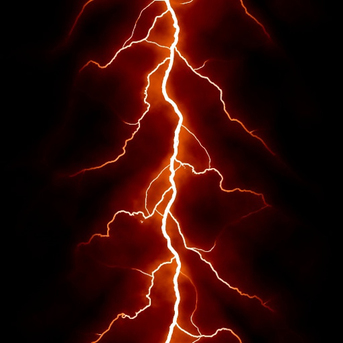 That is not to suggest that I am not open to second-guessing and revision. I have many poems where I have changed words, structure, and even directions. But, for the most part, the poem appears much like lightning. Its heart strikes a fire and I stoke it quickly--a few words, the slant of a line, an image stuck much as a burn sticks on a tree. Quickly these flashes come and equally quickly I must write them down. And, even in their rapidity, their shattered intensity, I find myself willing to follow them, willing to stay until they lie, spent, on paper. I can always finish a poem. Poetry, for me, is a form best suited to my hyperactive spirit. And that is why I write at least two a week. It does me good to do so. Here are two that I have published: Waiting for Clydesdales 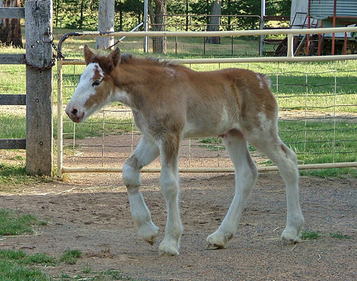 These oversized shambles Foals--marbled black dripping To dirty white footlocks Now turning their wobbles To early spring warbles Against highway fencelines I lift up on the gas For a moment to catch Newborns in sure gallops Across grass still yellow from mountainous winter and the drawn-out thawing planting 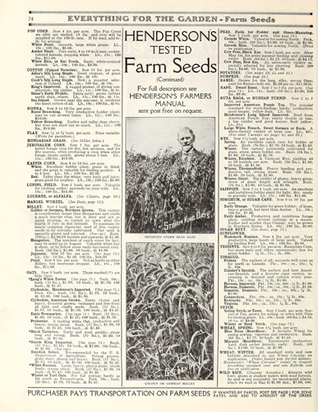 when the winter closes, Farmer Rahn loosens the log dam long enough from the brief spring rains to flood his lower fields. there he plants grains hardy for the wet, yet deep against the drying summer, loose rocks jutting through thin lines of scrap grass left for his angus to mull down this grain, a catalogue scouring will shelter the cows this winter while, Rahn, leaning against a woodpile heaping against a black stacking stove flips through another seed magazine pen in hand, waiting for the spring rising above the water line as the mud thaws and spins away Jonathan Riedel
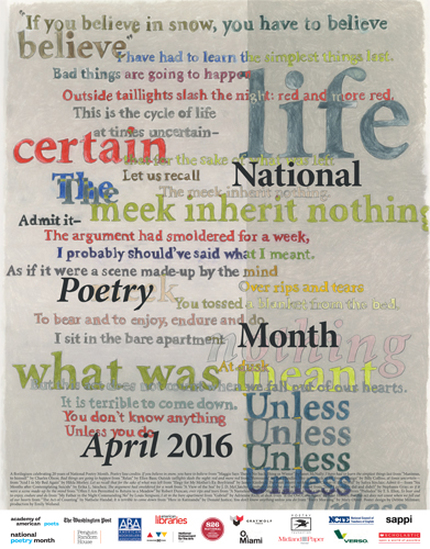 It's April—time to tackle spring cleaning projects, to welcome returning birds, to wander the woods in search of wildflowers, and to celebrate poetry. What? Celebrating poetry isn't on your agenda this month? Perhaps you'll make room for it when I tell you that this April marks the 20th anniversary of National Poetry Month, first organized by the Academy of American Poets in 1996. The idea is to increase the visibility of poetry and poets everywhere. In that spirit, HeartWood will offer poetry-related posts all month, including guest posts from two of my favorite local poets, Jonathan Riedel and Sandra Bernard, who'll tell you about the place of poetry in their lives and share some of their poems. 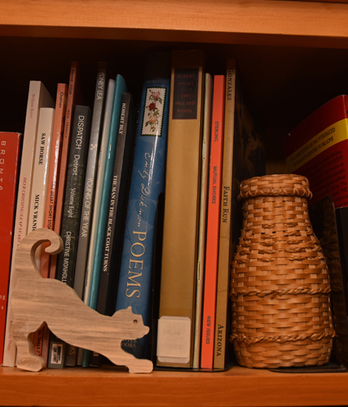 I'll be celebrating in my own way, too. When I first started thinking about Poetry Month, I vowed to read poetry every day for the whole month. I used to do this year round, not only in April, but I've fallen out of the habit. The shelf of unread poetry books in my writing room reminds me it's time to begin again. As I thought about reading poetry every day, another idea occurred to me: Why not write a poem a day? I should tell you that even though I usually write something every day, the idea of writing a poem every day makes my palms so sweaty I can hardly hold a pen. Except for a brief period in college, when I wrote poems that I thought were deep and Dadaesque but were really nonsensical gibberish, the idea of writing poetry has terrified me. I just wasn't that kind of writer. But it's funny, isn't it, how the thing that terrifies also intrigues you? In the back of my mind, I always hoped I would someday face down my fear and give poetry writing a shot. That someday finally arrived last year, when Jonathan offered a four-week poetry class at Bay Leaf Books in Newaygo. I had met Jon at a weekly writing salon Sandra organized at River Stop Café, just down the street from the bookstore. I knew he was a friendly guy with a down-to-earth approach to poetry (after all, he wrote poems about kitchen utensils!), so I signed up. At the weekly sessions, we learned about haiku, tanka, rhyme and meter, prose poems and more, and between sessions, we had assignments to complete. Yes, poems to write. So I wrote some, and to my surprise, I had fun doing it. I'll share a couple here, not because I think they're particularly good, but to encourage you to try something that terrifies you. Icicle Splintering sunlight, Prism pendant's moonstone tip Holds on, holds on, drops Marbles Clear as empty space, Launched from fingers nimble, young, Colliding, clacking, Pocket-sized planets of glass Hurtle through playground cosmos 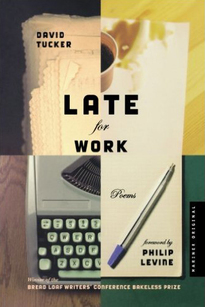 After Jon's class, I had every intention of continuing to write poetry, but other projects took precedence and somehow a year passed poem-less. Now, however, six days into my April poetry pledge, I have six new poems in my notebook, and I have read as many poems by poet and journalist David Tucker, whose collection Late for Work is my current fave. At the end of the month, I'll report on my progress and perhaps share another poem or two. What about you? How will you celebrate National Poetry Month? Whether you read poems, write poems or commit to something else that has always intimidated or eluded you (a painting, drawing or photograph a day? a fitness challenge?) I'd like to hear about it. And you're invited to share the results here. You can either post them as a comment or send them to me using my contact form or the email (envelope) icon at the top of this page. (If you need inspiration for writing poems, check out the Writer's Digest Poetic Asides blog, where you can find daily prompts all this month. You can also sign up for weekly poetry (and fiction and creative nonfiction) prompts through The Time Is Now E-Newsletter, offered year-round by Poets & Writers magazine. And don't forget Poem in Your Pocket Day, April 21. That's the day to carry a favorite piece of poetry on your person to share with others throughout the day. Don't have a favorite in mind? You can download one here.) Happy April and Happy However-You-Decide-to-Celebrate-It!
|
Written from the heart,
from the heart of the woods Read the introduction to HeartWood here.
Available now!Author
Nan Sanders Pokerwinski, a former journalist, writes memoir and personal essays, makes collages and likes to play outside. She lives in West Michigan with her husband, Ray. Archives
April 2022
Categories
All
|
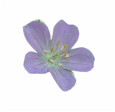
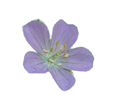
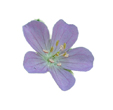
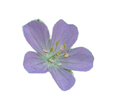
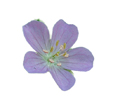
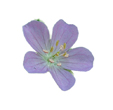
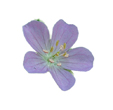
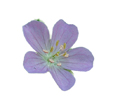
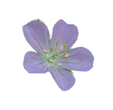
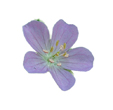
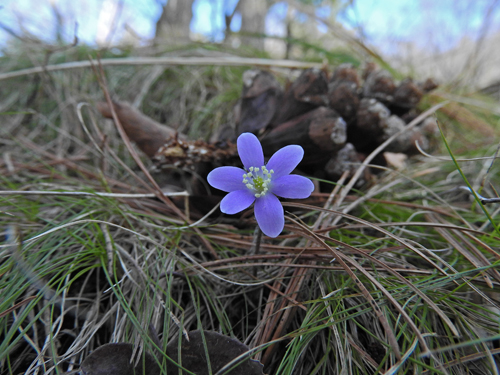
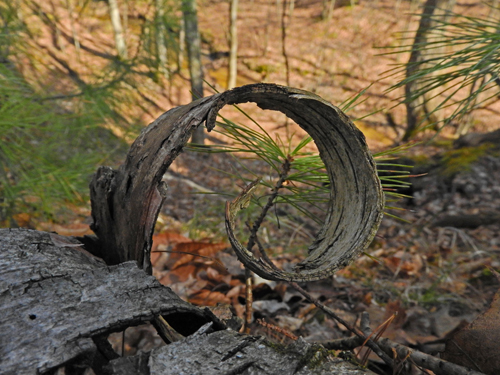
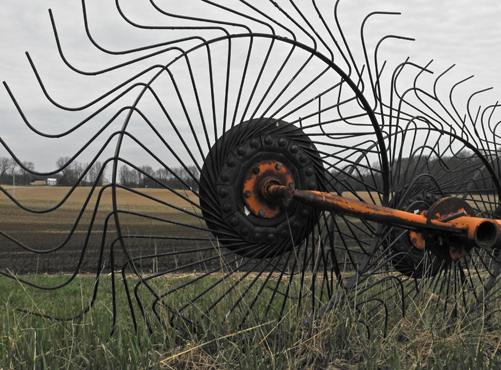
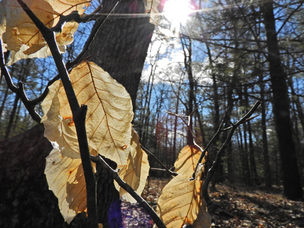
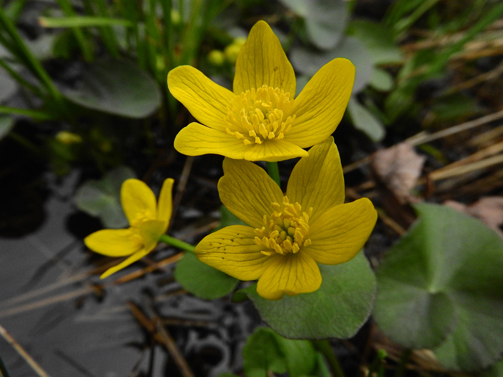
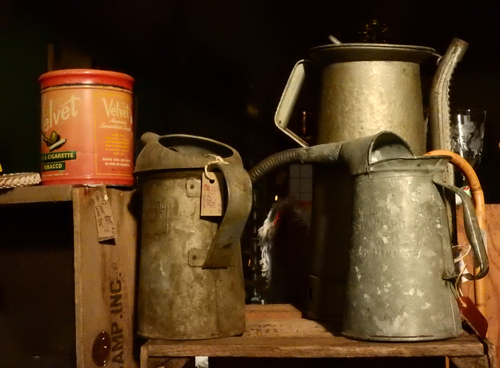
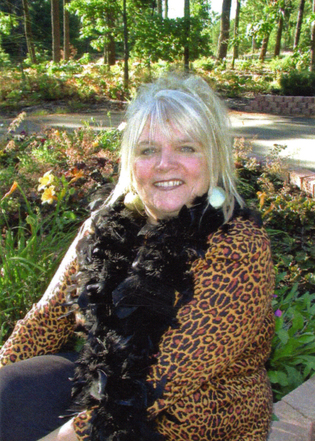

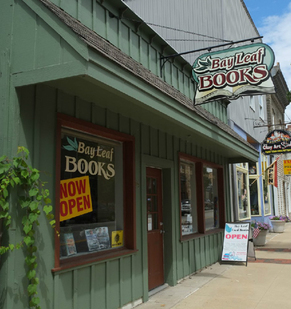

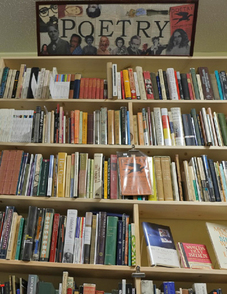
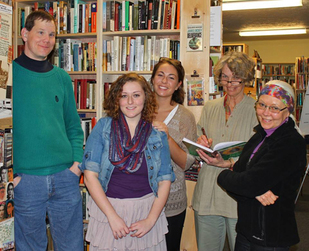
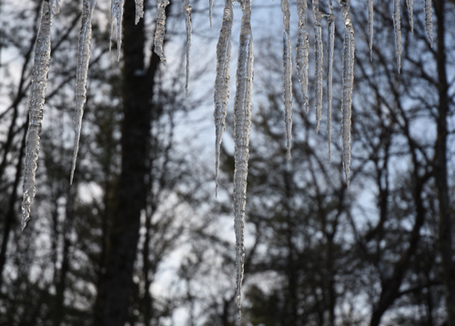
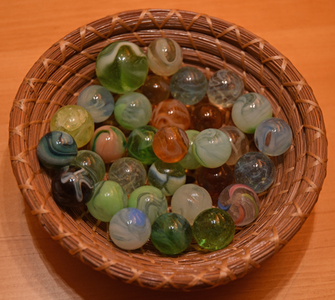

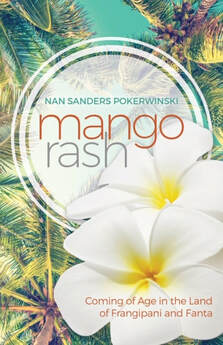
 RSS Feed
RSS Feed